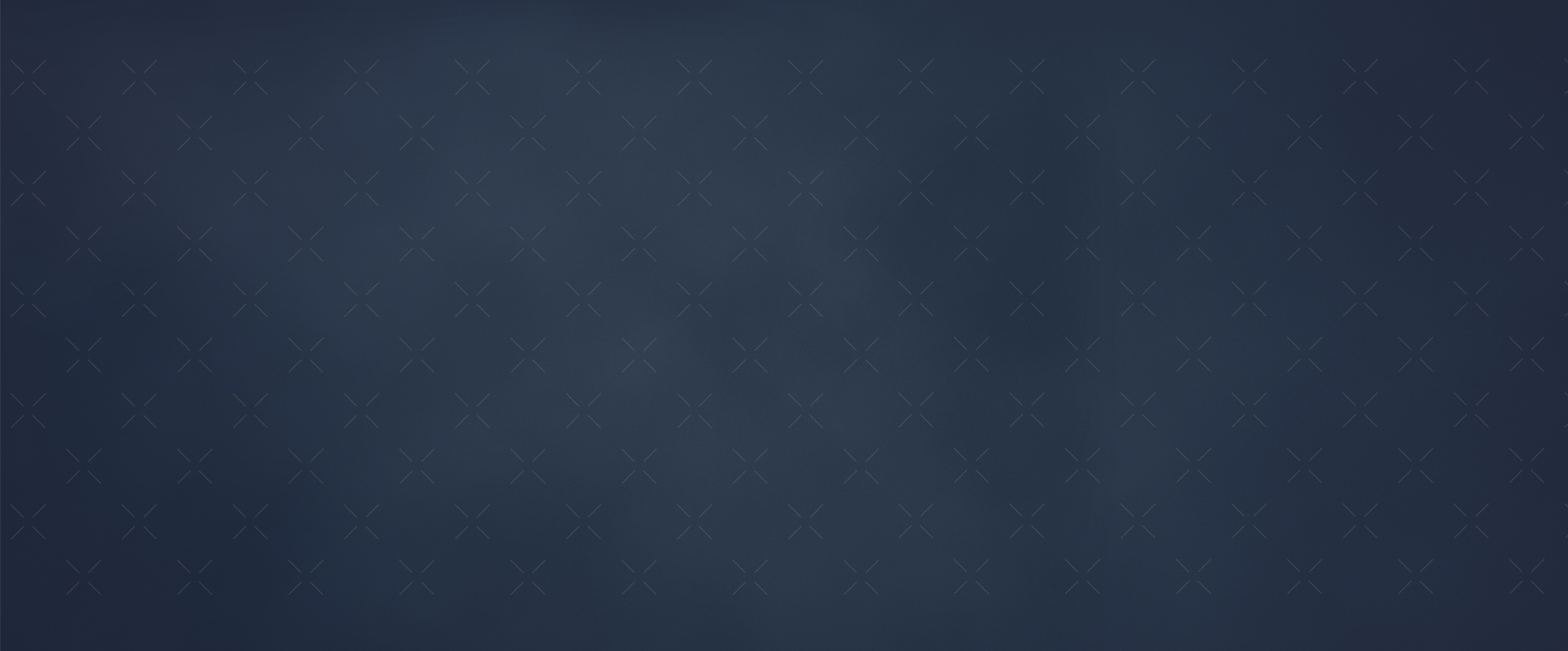
The Most Common Issues with Pumping Systems
The Most Common Issues with Pumping Systems
The Most Common Issues with Pumping Systems – And Why Expert Maintenance Matters
Like the other part of the machinery, pumping systems can and can do defects. Here are some of the most common issues you can cope with: (Pool Chlorinator)
General Pumping System Problems
1. Low Water Pressure
This can be caused by weak pumps, filled valves or dirty filters. If the flow of water looks weak or inconsistent, this is often the root cause.
2. Water Leak
Leaking pipes or defective connections reduces the efficiency of the system and can damage the water over time.
3. Extreme Noise
A pump should not sound like it mixes the rocks. Loud or unusual sounds are signs of mechanical difficulty - often due to worn bearings, cavities or loose parts.
4. Continuous On-and-SY FY CYLING
This may indicate a leak or defective pressure sensor in the system, both of which require immediate attention to prevent a pump burnout.
5. Air in Pipes
If your water "spits" or releases air bubbles when it comes out, the system may need to be purified, and the source of air infiltration must be identified and repaired.
Preventive and Corrective Maintenance: Why Is It Necessary
Don't wait until the pump is burned - now call your technician! Preventive maintenance every six months can save your money, time and frustration. It helps with this:
-
Change before filters are blocked
-
Check and adjust the Operating Perating Pressure
-
Find invisible leaks
-
Clean valves and connections
-
Prevent the motor from drying and overheating
On the other hand, correctional maintenance involves fixing or replacing the damaged component after defects are created. Preventive or corrective, you need skilled, reliable technical support.
Why Should You Trust an Expert
I didn't mean to scare you - but a bad repair can force you to change your entire system. A professional technician can diagnose a real problem without guessing and use the right tools to properly fix it:
-
Multimeter to test electrical connections
-
Pressure gauge for accurate system readings
-
Cleaning devices to remove buildup and lime
-
Original replacement parts for reliability(Onga Hammerhead Pool Cleaner)
Avoid risky DIY fixes. I have seen many cases where "knows a little about wiring" installs the pump on the back or completely damaged the system - leading to burnt motors and a week of cold rain.
Let the professionals control the pressure!
Frequently Asked Questions (FAQ)
1. What kind of pumping systems exist?
There are three main types:
-
Forced pumping (eg, booster systems)
-
Elevated tank pumping (roof storage tanks)
-
Direct pumping (from tanker to tape)
Each type of property is chosen based on specific requirements.
2. How does the automatic pumping system work?
These systems use sensors that find pressure drops. When you open the tap, the pump is activated. It stops automatically when the tap is closed, preventing unnecessary operations.
3. Why is my pump being turned on and off often?
This is often caused by pressure loss or leaks in the system somewhere in the hydropunetic tank. It is important to address this soon before the pump is burned.
4. What is a typical life of a water pump?
A good quality pump usually lasts for 5 to 10 years, depending on how often it is used and how well it is maintained.
5. Can I install my own pumping system?
I will not recommend it. Poor installation can lead to short circuits, overpression or pipe damage. It is always safer and more costly to hire a trained professional. next blog